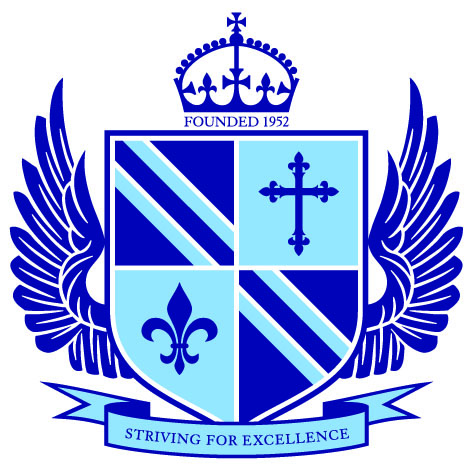Design Engineering A Level
SPECIFICATION LINK: H404-406
TITLE: OCR Level 3 Advanced GCE in Design and Technology: Design Engineering (603/1131/9)
COURSE INFORMATION
You will study a broad course of a technical Design & Technology subject which builds on the core of what you have been taught across GCSE and focuses on structural, mechanical and electronic engineering. Students should ideally have followed a GCSE Design & Technology course and gained a grade 6 with a 6 in Maths. Where students have not followed a GCSE in Design & Technology, students who have studied Physics at GCSE are able to apply. It is recommended that students taking the Design Engineering course should take A-Level Maths alongside Design Engineering as Engineering at Further and Higher education requires and includes a high level understanding of Maths. The course will teach you about the three related areas of engineering through practical, project work and theory which will underpin your understanding.
Engineering is all about problem solving, which is essentially what Design Technology is about, so the topics will be based on coming up with a solution to a problem set by the department through design, modelling and practical sessions utilising the subject knowledge that runs alongside it.
Year 12 is used to build a foundation of new content through some high level A grade style projects which will stretch and challenge you to produce something amazing and get your teeth into! It will give you a strong basis of knowledge as well as making skills and folder work, which can then be applied to the Coursework element in Year 13 which we start at the end of Year 12 and counts for 50% of your final grade. You will have to produce a portfolio which demonstrates your ability to research, design, develop, make and evaluate your chosen product of your choice. Pupils studying Design Engineering will need to provide components and materials for coursework or contribute towards the cost of components for practical work as you will keep whatever you make.
ASSESSMENT STRUCTURE
- Controlled Assessment – 50% Students complete an extended Design and Make project
- Written papers – 1hr 30 Problem Solving paper & 1hr 45 Design Principles
OTHER INFORMATION
- Museum of Science & Industry and Manchester Industry visit
- Jaguar Land Rover and Morgan Car Factory visit
- Big Bang Fair
- Year 12 London 2-day trip
- Year 13 New York trip
ROUTES FOR PROGRESSION
Studying Design Engineering shows an employer that students are able to use a wide range of academic and practical skills and can apply their knowledge to solve problems. Paired Design Engineering with Maths and Physics would be an ideal combination for a university or apprenticeship application in Engineering. Students have been successful in securing degree places at Loughborough, Sheffield, Nottingham, York, Durham, Cambridge and Bath.
